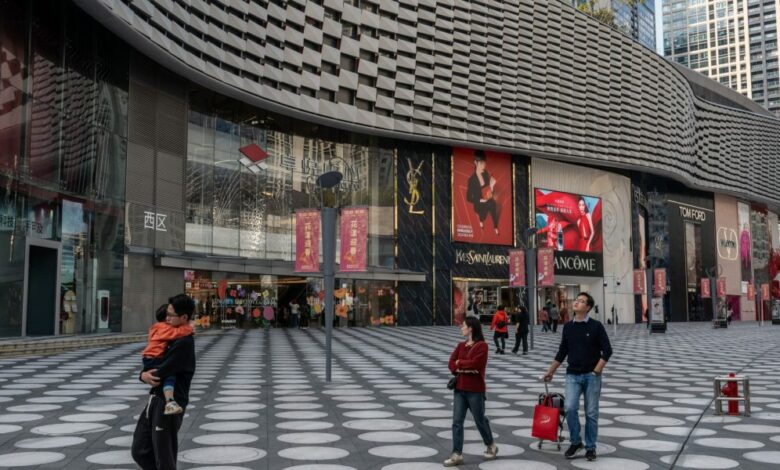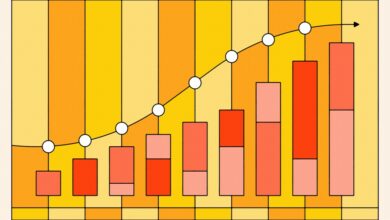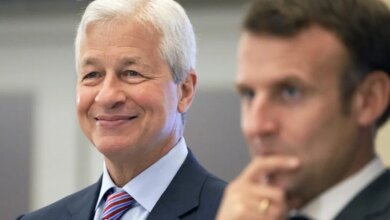Chinese consumers spend big to usher in the Lunar New Year but analysts are viewing the data catiously


Chinese consumers opened the year of the dragon with a surge in spending, in China’s first Lunar New Year since 2019 to be unaffected by COVID. The holiday period is an important barometer for Chinese consumption, which is flagging recently due to the country’s continued property crisis and macroeconomic headwinds.
Chinese travelers made around 474 million trips during the holiday period, according to data from China’s culture and tourism minister released on Sunday. That not only surpassed last year’s number by 34%, it was also 19% greater than 2019’s Chinese New Year period, the last before the COVID pandemic hit. Tourist spending also hit 633 billion yuan ($88 billion), up 7.7% from 2019. China’s box office sales for the holiday also reached 8 billion yuan ($1.1 billion), a record high.
The Chinese city of Hong Kong also reported a recovery in Lunar New Year travel. Over 1.2 million mainland Chinese visited Hong Kong over the extended break, and mainland visitors made up almost 90% of the inbound visitors Hong Kong saw during that period.
The previous four Lunar New Year holiday periods were constrained by Beijing’s strict COVID controls on mobility and the country’s massive 2023 outbreak.
Spending doubts
But while the positive Chinese New Year data may be a welcome sign for Chinese officials worried about the country’s consumer confidence, the data is being viewed cautiously by analysts.
The “consumption boost is in fact small,” said Dan Wang, chief economist at Hang Seng Bank (China). She notes that this year’s holiday period is one day longer than previous years, and suggests that any indication of a “meaningful recovery” won’t come until China releases more comprehensive consumer data for the month of February.
Average tourism spending per trip is also down amid weakness in household income and employment, says Redmond Wong, chief China strategist at Saxo Markets. Spending per trip this Lunar New Year was around 1,355 yuan ($188), a 9.5% drop from 2019’s level of 1,475 yuan ($205 at current exchange rates), according to calculations from Reuters.
China’s consumer prices fell 0.8% year-on-year in January, the steepest drop since 2009 and worse than the 0.5% drop expected from economists surveyed by Reuters.
The confidence crisis may be spooking China’s markets. The CSI 300, which tracks 300 of the largest companies listed on the Shanghai and Shenzhen stock exchanges, has fallen about 40% from its peak in 2021. Last week, global index provider MSCI dropped 66 companies from its MSCI China index during its quarterly review.
Chinese Premier Li Qiang called for “pragmatic” action to boost confidence in the economy at a State Council meeting, China’s cabinet, on Sunday according to the state-media outlet Xinhua. Li reportedly urged officials to ensure policymaking and execution are consistent and stable, and to “win the trust of the people” with practical results. Xinhua did not list any specific measures.
Source link




